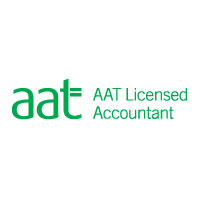Beware bogus contacts from HMRC
None of us are particularly thrilled to receive communications from HMRC, but fraudulent contacts, by email and other means, are becoming commonplace and innocent members of the public are being left out of pocket.
According to HMRC, in the 12 months to 30 April 2021, they responded to more than 1,154,300 referrals of suspicious contact sent to them by anxious members of the public. More than 576,960 of these offered bogus tax rebates.
In the same period, HMRC had worked with telecoms companies and Ofcom to remove more than 3,000 malicious telephone numbers, and with internet service providers to take down over 15,700 malicious web pages. HMRC responded to 443,033 reports of phone scams in total, up 135% on the previous year.
Which raises an interesting question. How can you tell if a phone call or email is a genuine approach by HMRC?
Here is what HMRC’s Director General for Customer Services, advised:
We are urging all taxpayers to be careful if they are contacted out of the blue by someone asking for money or bank details.
There are a lot of scams out there where fraudsters are calling, texting or emailing customers claiming to be from HMRC. If you have any doubts, we suggest you do not reply directly, and contact us yourself straight away. Search GOV.UK for our ‘scams checklist’ and to find out ‘how to report tax scams’.
To avoid being duped by scammers, we suggest:
- Do not provide any personal data, particularly your bank details, in response to a phone call, email or text message.
- Instead, call the organisation that said they were trying to contact you using contact details published on official websites. Do not use links on the offending email or provided during a suspicious phone call.
HMRC generally will not ask for personal information – particularly your bank details – by email or by phone. If in doubt, the message is clear. Side-step the communication you have received and contact the apparent sender or caller using contact detail in the public domain.
All news
 Dawn Johnson is licensed and regulated by AAT under licence number 126542.
Dawn Johnson is licensed and regulated by AAT under licence number 126542.
